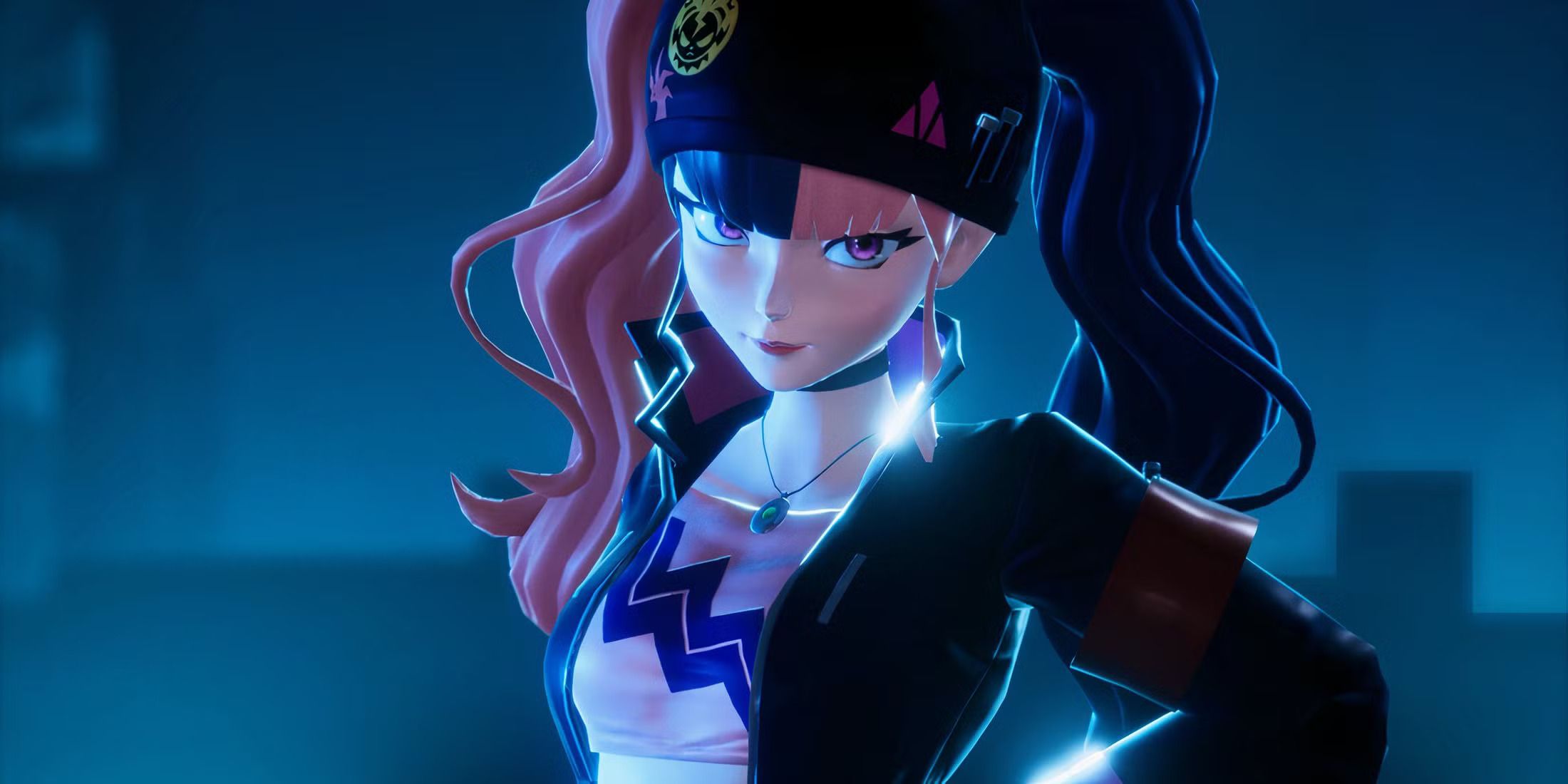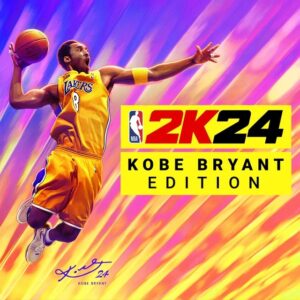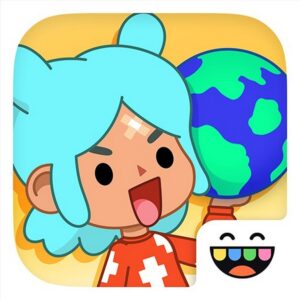The Irony Unfolds: A New Palworld Lookalike Launches on Nintendo Switch Amid Ongoing Court Battle
Popular Now
 Garena Free Fire: Kalahari
Garena Free Fire: Kalahari
 BeamNG.drive
BeamNG.drive
 League of Legends
League of Legends
 God of War Ragnarök
God of War Ragnarök
 FIFA 23
FIFA 23
 Brawl Stars
Brawl Stars
 Among Us
Among Us
 NBA 2K24
NBA 2K24
 Valorant
Valorant
 Sonic the Hedgehog™ Classic
Sonic the Hedgehog™ Classic
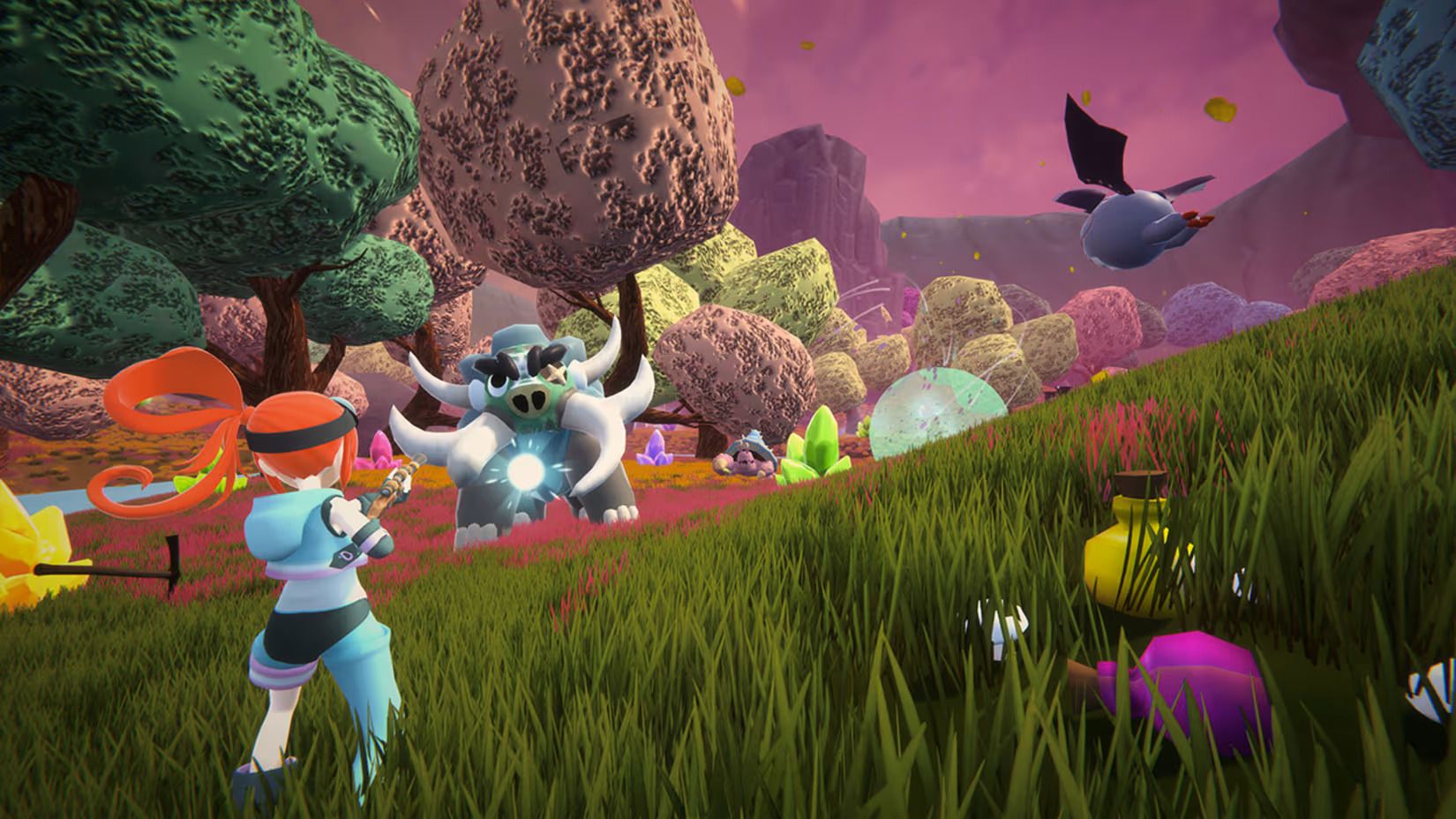 The legal saga between Pocketpair, the developers of the breakout hit Palworld, and Nintendo has been a major topic of discussion in the gaming world for months. The lawsuit, which alleges that Palworld infringes upon Nintendo’s patents related to the Pokémon franchise, has been a contentious battle. Amidst this high-stakes legal drama, a stunning and ironic development has just occurred: a new game that is a blatant copy of Palworld has launched on the Nintendo eShop. The title, named Palland, is a survival, building, and creature-collecting game that bears an uncanny resemblance to the very game Nintendo is currently suing. This unexpected twist raises a number of questions about Nintendo’s intellectual property strategy, and the company’s seemingly contradictory actions in the marketplace.
The legal saga between Pocketpair, the developers of the breakout hit Palworld, and Nintendo has been a major topic of discussion in the gaming world for months. The lawsuit, which alleges that Palworld infringes upon Nintendo’s patents related to the Pokémon franchise, has been a contentious battle. Amidst this high-stakes legal drama, a stunning and ironic development has just occurred: a new game that is a blatant copy of Palworld has launched on the Nintendo eShop. The title, named Palland, is a survival, building, and creature-collecting game that bears an uncanny resemblance to the very game Nintendo is currently suing. This unexpected twist raises a number of questions about Nintendo’s intellectual property strategy, and the company’s seemingly contradictory actions in the marketplace.
The new game, developed by an independent studio called BoggySoft, quietly appeared on the Nintendo eShop on July 31, 2025. The game’s store page and trailer leave little room for doubt about its inspiration. From the red-haired main character to the distinct creature designs and the core gameplay loop of gathering resources, building a base, and catching wild creatures, Palland is a direct and almost unfiltered imitation of Palworld. The game is available for a steeply discounted price of $3.99, a move that is likely intended to capitalize on the confusion and ongoing buzz surrounding the legal battle. The release of Palland is a shocking turn of events, as Nintendo has been known for its aggressive defense of its intellectual property. The company is actively suing Pocketpair, yet it has seemingly approved a game that is a clone of the very title it is fighting in court.
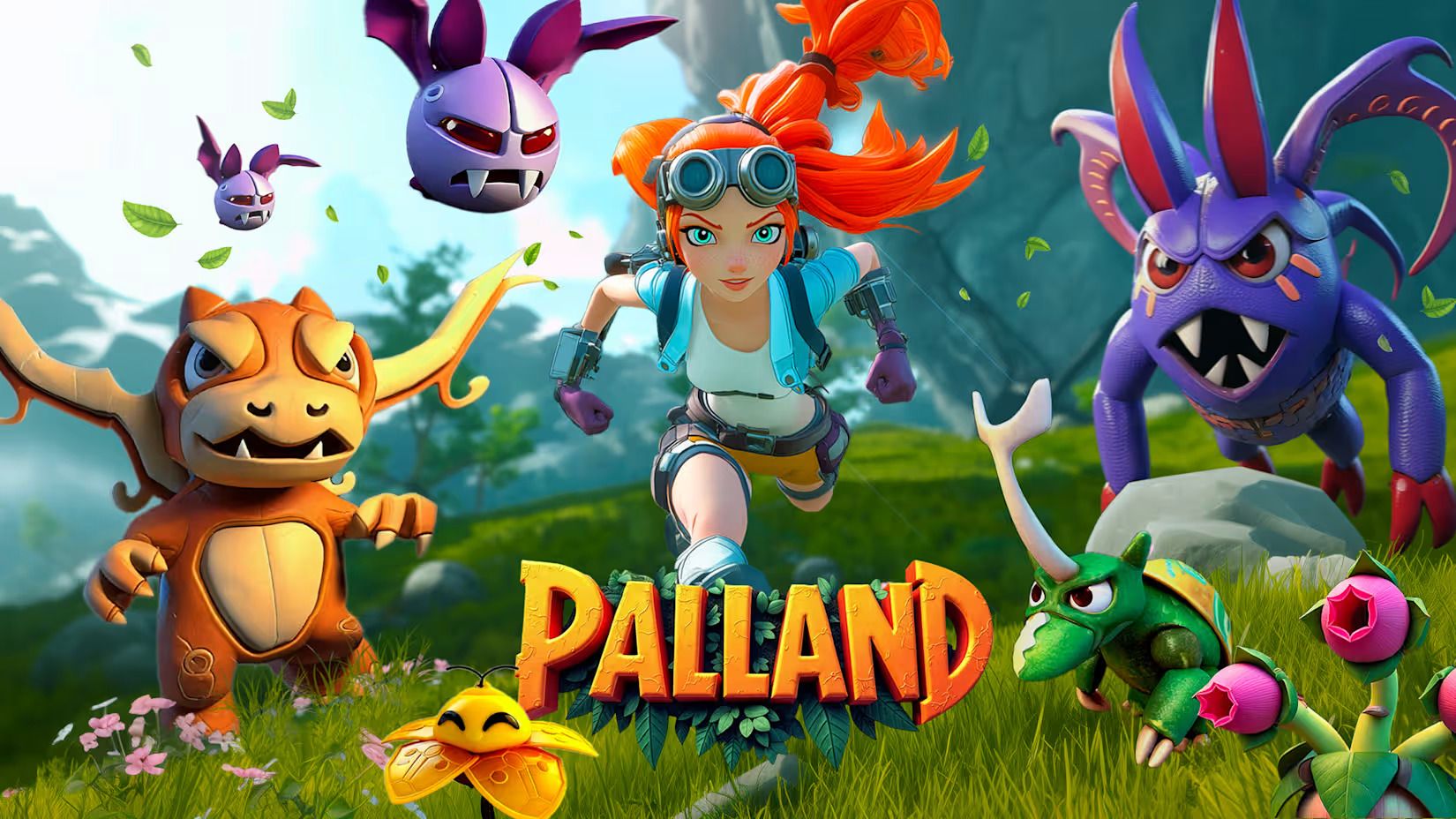 Nintendo’s Contradictory Stance
Nintendo’s Contradictory Stance
The legal battle between Nintendo and Pocketpair has been a complex one. Nintendo’s lawsuit, filed in September 2024, centers around a number of key patents, including game mechanics related to catching creatures and riding them. In response, Pocketpair has made “compromises,” such as altering the mechanics of how players summon their creatures and changing the way players glide with their Pals. These changes, as well as Nintendo’s own unusual move of retroactively rewording a patent, have highlighted the seriousness of the dispute. However, the approval of Palland on the eShop introduces a bizarre new element to the saga. On one hand, Nintendo is vigorously defending its intellectual property rights in a Japanese court, while on the other, it is promoting a product that many believe is a direct imitation of the game it is suing. This has led to a great deal of speculation and criticism from the gaming community, with many questioning the logic behind the company’s actions.
It’s possible that Palland slipped through the cracks of the eShop’s approval process, or that Nintendo has chosen not to pursue legal action against it due to its low sales profile and lack of commercial traction. Unlike Palworld, which became a runaway success with over 19 million players on Steam and Xbox, Palland has had a quiet launch. Its low profile might be its best defense against Nintendo’s legal team. However, the situation is still a major embarrassment for Nintendo, as it creates an awkward duality in its public image. The company is simultaneously a fierce defender of its intellectual property and a platform that hosts a blatant clone of the very game that has been at the center of its legal action.
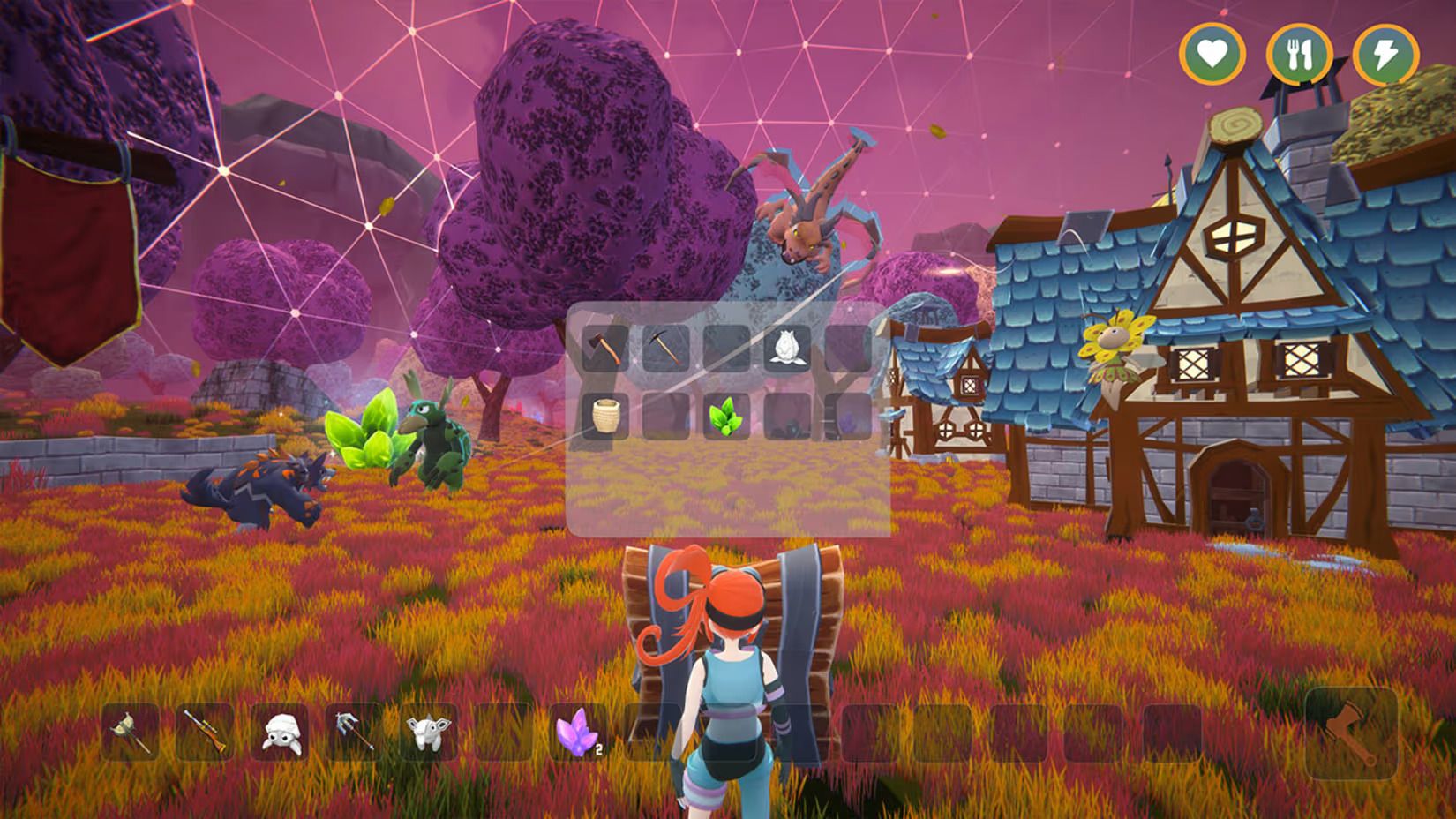 The Impact on the Palworld Lawsuit
The Impact on the Palworld Lawsuit
The release of Palland could have a significant, albeit unpredictable, impact on the ongoing lawsuit. While it is not directly related to the core of the legal dispute, it does provide a powerful and very public example of the complex nature of game design and intellectual property. The fact that a game so similar to Palworld has been approved on Nintendo’s own storefront could be used by Pocketpair’s legal team to argue that the similarities between Palworld and Pokémon are not as unique as Nintendo claims. The case has already sparked a wider debate about the nature of inspiration versus imitation in the gaming industry, and Palland is a perfect case study to highlight the blurry lines that exist. The gaming community will be watching closely to see if Pocketpair takes any action against BoggySoft, and whether the availability of this game on the eShop affects the outcome of the court case. This bizarre and ironic turn of events has added yet another layer of complexity to an already fascinating legal battle.